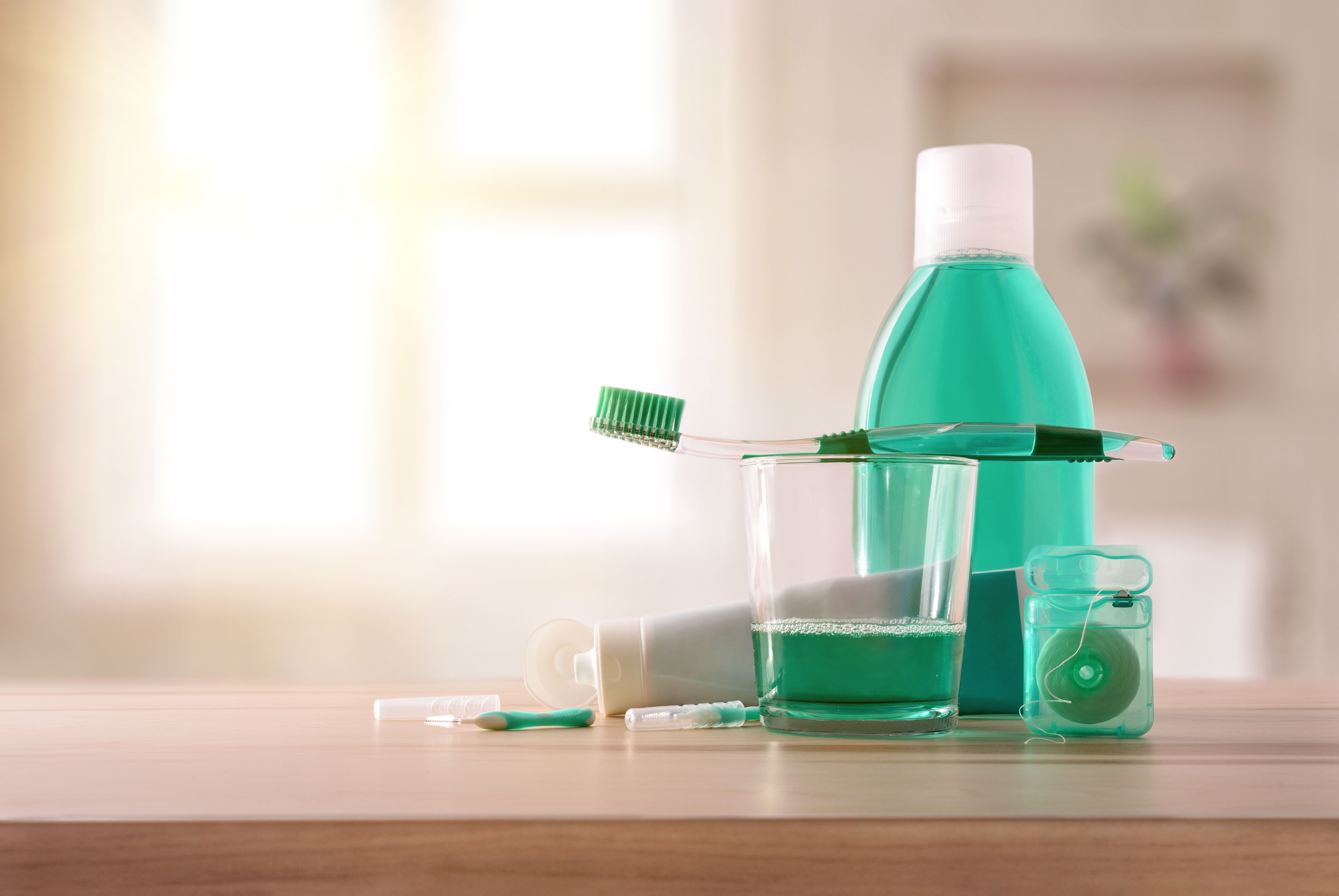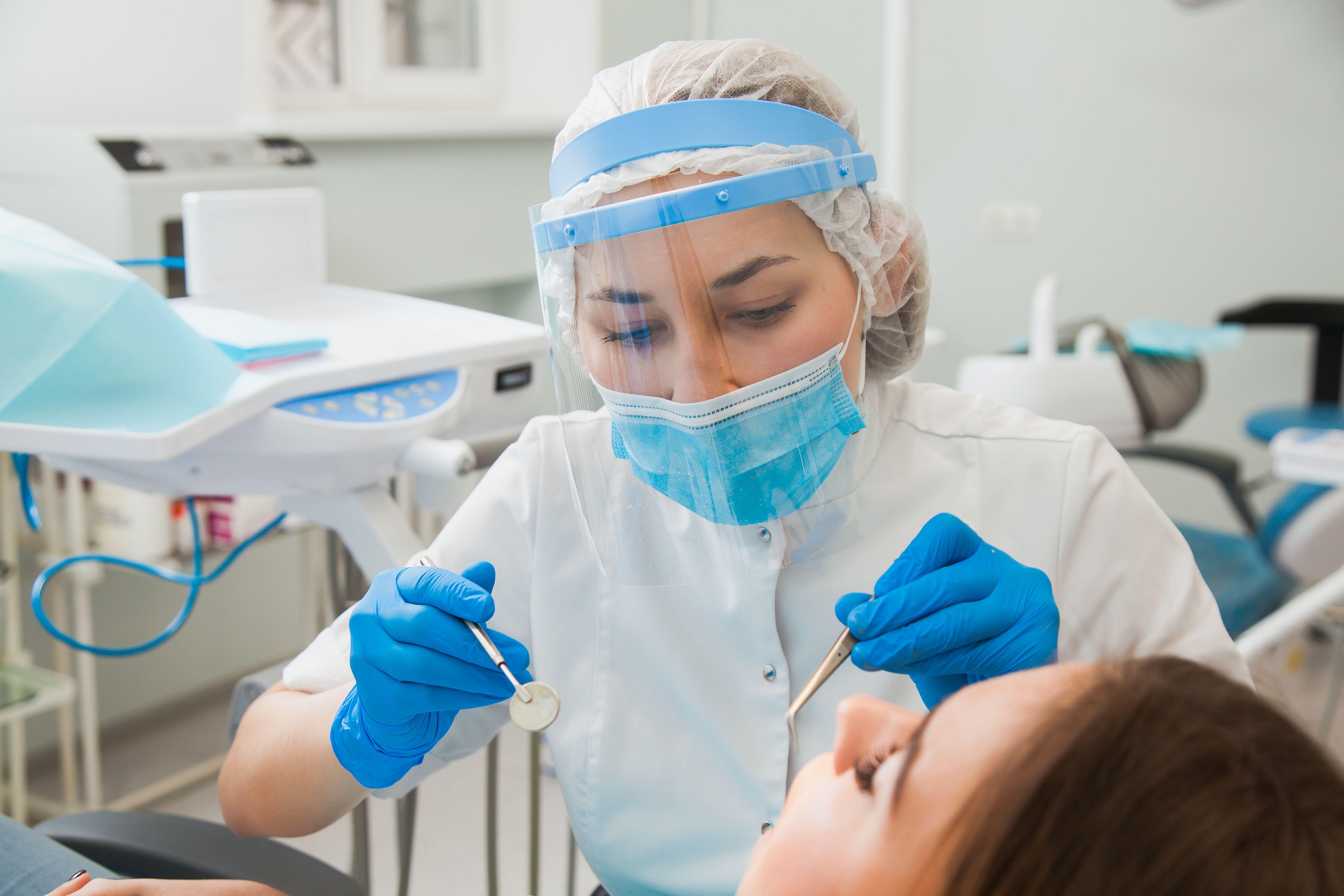- About Us
- Advertise
- Editorial
- Contact Us
- Terms and Conditions
- Privacy Policy
- Do Not Sell My Personal Information
© 2025 MJH Life Sciences™ and Dental Products Report. All rights reserved.
5 Tips to Help Your Patients Deal With Potential Easter Candy Sugar Problems
These 5 tips will help your patients’ smiles stay healthy despite sugary temptations this Easter.
Candy is plentiful this time of year, but sugar isn’t the best for our teeth or our gums. As easy it can be to eat a lot of Easter sweets and treats, that also makes it easy for patients to cause damage to their teeth. Here are some helpful tips to give patients to help them avoid cavities and other tooth pains this season.

1. Chocolate wins out versus jellybeans and other gummy candies
While jellybeans are a popular Easter candy, the gummy-ness of the candy makes it stick to our teeth. Sticking to our teeth means staying there and causing problems by breaking down enamel. Chocolate, while still having sugar, doesn’t get stuck as often. Some studies even cite dark chocolate as having certain benefits for teeth health, especially dark chocolate with lower amounts of sugar. Dark chocolate has less sugar, milk chocolate has more, and white chocolate has most. So keep that in mind when snacking on chocolate bunnies.
Image courtesy of Wolfgang Kraus / stock.adobe.com

2. Try to eat candies at the same time you eat other food
When you’re already eating food, your mouth is producing more saliva. When your mouth is creating more saliva, it's easier to break down the high acidity of certain fruity Easter candies. When sugars are diluted by saliva, those sugars become less of a risk in creating bacterias and microbes. High saliva production is important when keeping your teeth as safe as you can from acids and sugars.
Photo courtesy of driftwood / stock.adobe.com

3. Drink lots of water
Water works in similar ways to saliva in that it helps to neutralize and lessen the impact of acids on your teeth. Not only is water better for your teeth than other sugary drinks you may be tempted to drink during the holidays, but it will also help you aid in the digestion of those sugary snacks. Water is important in keeping your teeth clean by hydrating and flushing out sugar and bacteria. It can also provide fluoride which is essential in fighting cavities.
Photo courtesy of winston / stock.adobe.com

4. Maintain good dental hygiene habits
It’s important to maintain your regular dental hygiene habits always, but it's especially important during any time of year where you may be eating more candy or food than usual. This means, brushing twice a day, flossing every day and using a mouthwash regularly. When you eat sweet candy make sure to give your mouth some time before you brush. It’ll give your saliva a chance to break down the acids and sugars of the candy and give your enamel a chance to rest.
Photo courtesy of Davizro Photography / stock.adobe.com

5. If you feel any sensitivity, go to your dentist
Cavities can happen to anyone at any time, and this risk is heightened especially for folks who consume a lot of sugar. If you are feeling any sensitivity or pain in your teeth post-Easter candy, visit your dentist and get a checkup as soon as you can. It’s best to take care of any problems early so that they don’t escalate and cause oral health problems down the line.
Photo courtesy of okfoto / stock.adobe.com
Related Content:



